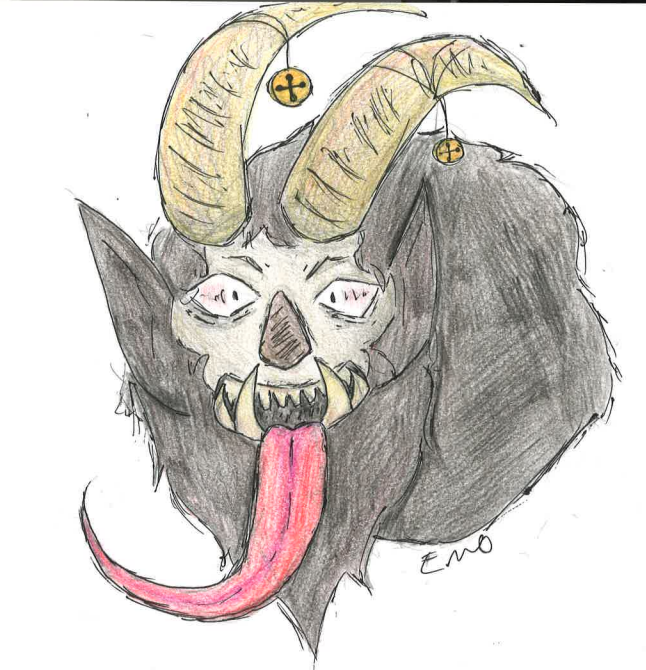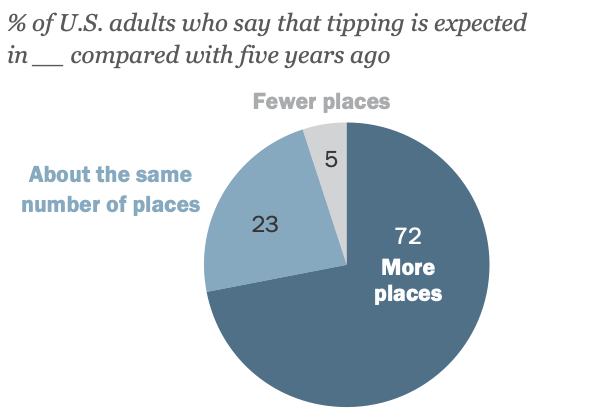We all know the basics of Christmas: gift giving, Christmas trees, carols, holly and mistletoe, feasts, and all the other family traditions many of us have. The story we have been told is that Jesus Christ was born on December 25, and that is what we are celebrating. The only problem is that we have never known the exact date Jesus was born.
Jesus’s birthday is a big topic of debate among scholars. Some have tried to use accounts of the Massacre of the Innocents (a biblical story and historical event, King Herod the Great ordered the death of all male infants under the age of two) or to correlate the Star of Bethlehem (the star that appeared when Jesus was born in the Book of Matthew) with actual astronomical events to try to pinpoint his exact birth date. Regardless, it is believed that Christmas originated as a Christian substitute for winter solstice celebrations like Yule (Germanic and Norse pagan festival, celebrated from December 20-23 to early January).
Well, how did Christianity get a hold of these traditions? Constantine the Great converted to Christianity in 312 after defeating Western Emperor Maxentius, taking the throne at the Battle of Milvian Bridge. He immediately began issuing laws that gave the Church and its clergy legal and financial protection and immunity from civic obligation. Church leaders then began to appropriate winter solstice festivals to guarantee a smooth conversion of Roman citizens. The Church might have chosen the date to outshine the Roman holidays Saturnalia (a Roman festival honoring the god Saturn, celebrated from December 17 to December 23) and Natalis Solis Invicti (the Roman winter solstice celebration, celebrated on December 25). However, the actual reason the Church chose December 25 for Christmas is still a mystery.
By the High Middle Ages, Christmas had become extremely prominent within Christianity. Over the years, different sects of Christianity have fought over the holiday, so much so that it was banned in England in 1647 and then in Boston in 1659. The Puritans argued that because the holiday was not rooted in scripture, it was a wasteful festival that threatened Christian beliefs and should not be celebrated. Of course, the holiday was eventually reinstated and has now become Christmas as we know it.
Christmas has always been a holiday of celebration, but when was the last time Christmas actually felt like Christmas? With the start of mass advertising campaigns in the 1900s, the true spirit of Christmas has been overshadowed by consumerism (selfish and frivolous collecting of goods) and the stress of finding the “perfect” gift. Despite its humble beginnings, Christmas has become a $1.1 trillion industry in the US, with the average American spending almost $1,000 per year, according to the National Retail Federation (NRF). It is important to remember what Christmas is about—celebrating love, joy and a year spent well with those we care about rather than getting caught up in the materialistic aspects of the holiday.
Christmas has become an American staple, but as an incredibly diverse country, we should also recognize the other winter holidays our citizens celebrate. Hanukkah (a Jewish festival commemorating the rededication of the Second Temple of Jerusalem, celebrated from December 25 to January 2), Kwanzaa (a secular festival celebrating African American cultural heritage, celebrated from December 26 to January 1), Diwali (a Hindu festival of lights, celebrated from mid-October to mid-November) and many more are celebrated all across the US, each with its own unique traditions and customs. My question is, why haven’t these holidays received the same recognition and importance as Christmas in American society? The United States is a so-called secular (no religious connection or affiliation) nation, so we should not federally celebrate any religious holidays. Yet, Christmas is a federally recognized holiday, with schools having the week off and many businesses being closed. It is critical to understand that in these circumstances, it is an all-or-nothing game; either all religious holidays are federally recognized or none at all. Prioritizing one religion’s holidays over another when America is a melting pot of cultures and beliefs goes against the principles of equality and inclusivity that our founding fathers built this country on.
From its pagan roots and rocky origins, Christmas has become deeply ingrained in American culture and it doesn’t look like it’s going anywhere any time soon. As we gather with our loved ones this holiday season, let’s remember how Christmas has come to shape our worldview and remember to share the spirit of giving and kindness with those around us, regardless of their beliefs or traditions. May your new year bring love and happiness to all you hold dear!









